Do Cats Eat Spiders? Is It Safe For Them To Do So?
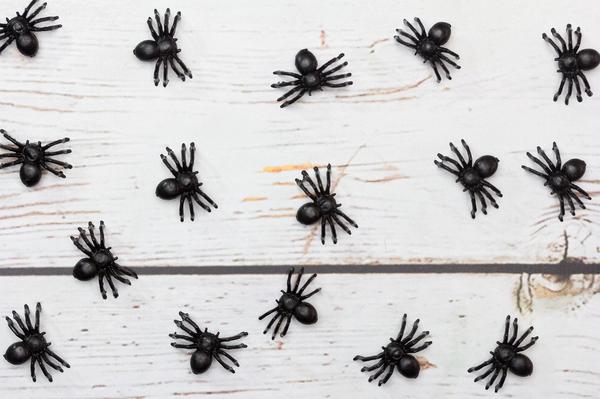
Are you worried about spiders creeping into your house?
Understandable. 😕
I mean, who wants those eight-legged creatures scuttling around?
But here's the million-dollar question:
Do cats really have your back on this one?
Let's find out.
Shall we begin?
Can Cats Eat Huntsman Spiders?
Cats can eat huntsman spiders without significant health risks
Do you ever wonder if cats can eat huntsman spiders?
Well, the good news is they can!
It's actually not a problem for their health at all. In fact, cats love playing with spiders, it's like a fun circus act for them.
You might think that hunting spiders could be dangerous for cats, but that's not usually the case.
House and huntsman spiders are generally safe for cats to eat. However, there are a few exceptions you should please keep in mind.
If your cat happens to come across a venomous spider like a black widow or a brown recluse, you should take immediate action.
Those spiders could potentially harm your furry friend if they were to be eaten.
But don't worry too much because the chances of your cat being bitten by a spider during the capture process are actually quite rare.
So, you can relax knowing that cats can enjoy their little spider snacks without much cause for concern.
What if my cat gets bitten by a spider?
It's true that eating spiders won't generally cause major health issues for cats.
However, if your cat does happen to get bitten, it could be harmful.
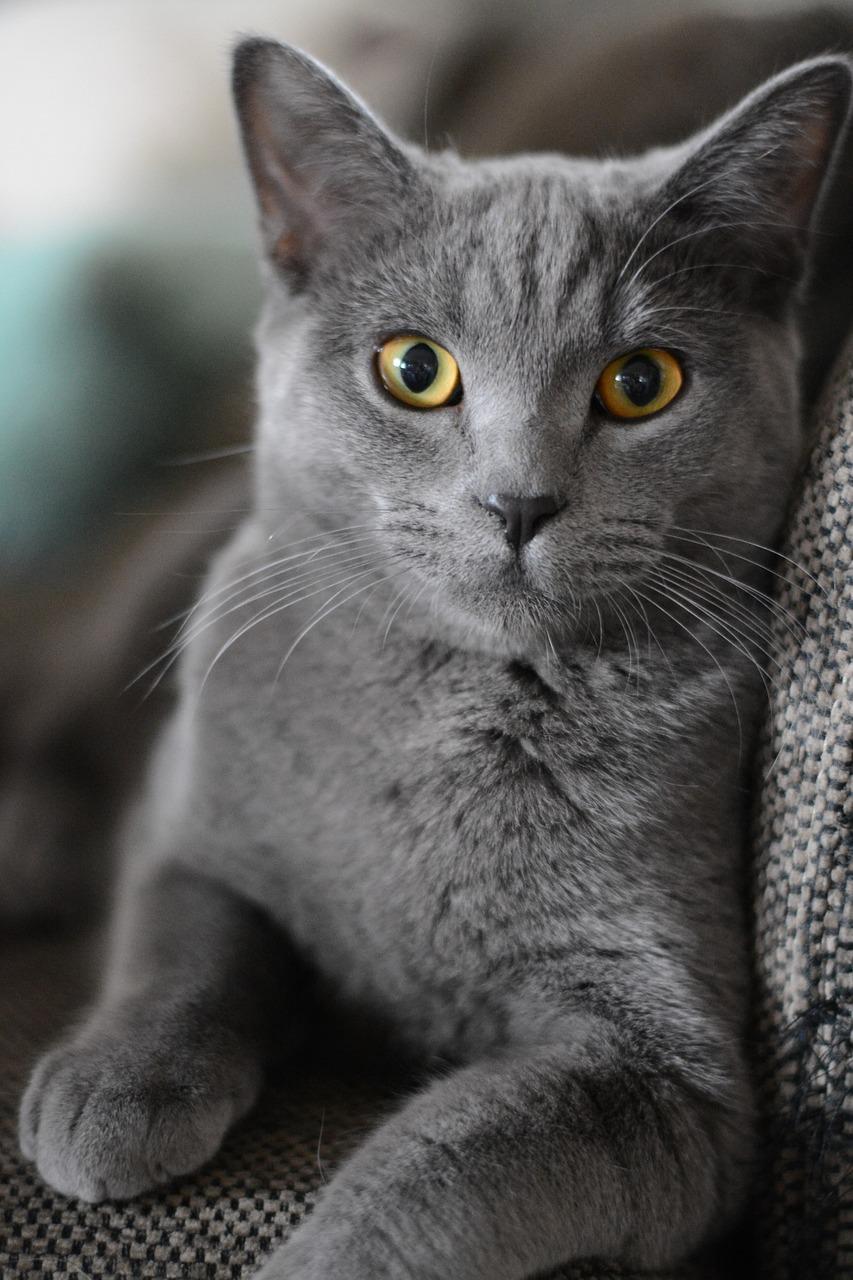
Spider bites can range from mild irritation to more serious reactions.
If you notice your cat showing symptoms like swelling, pain, redness, or behaving unusually, it's best to seek veterinary attention immediately.
Prevention is key though.
Make sure to regularly check your surroundings for any venomous spiders.
It's always better to be proactive rather than dealing with potential issues later on.
Final thoughts
To sum it up, cats can eat huntsman spiders without any significant health risks.
It's normal for cats to play with spiders, but make sure to pay attention if they do get bitten.
Luckily, the chances of a spider biting your cat during the capture process are quite low. Just watch over your feline friend closely and seek veterinary care if any unusual symptoms occur.
So go ahead, let your cats have their fun with spiders, but always prioritize their safety.
But what about house spiders?
Are they safe for cats to eat?
Let me share some fascinating insights with you!
Can a House Spider Kill a Cat?
House spiders are generally safe for cats to eat.
Cats have thick skin and fur that protects them from spider bites, so it's rare for the venom to harm them.
However, if a cat is bitten in the mouth, there is a possibility of harm.
But don't worry too much.
The stomach acid of cats usually destroys any venom they may consume.
In fact, most spiders, even the venomous ones, are harmless when ingested by cats unless the cat provokes them and gets bitten.
So, consuming a venomous spider has no documented evidence of killing a cat.
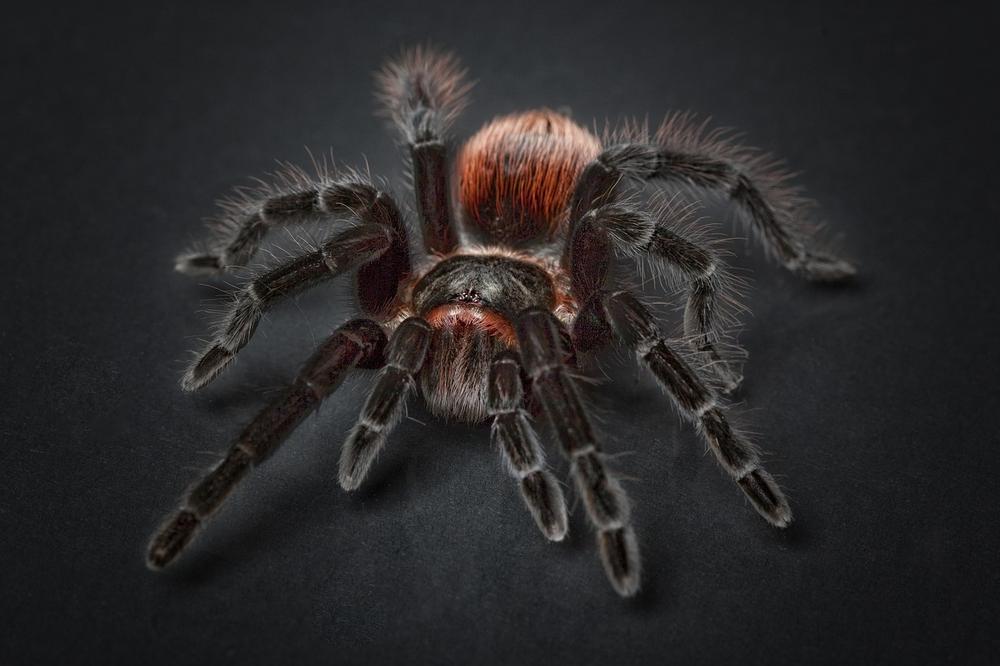
You see, cats' thick skin and hair make it difficult for spiders to inject toxins, reducing the risk.
Now, I want to clarify something.
Breathing issues in cats are generally not caused by spider bites.
But due to their smaller size, spider venom can have a greater impact on them.
With that being said, you don't need to be overly concerned about your furry friend encountering house spiders! 🐾
But what about the spiders that cats don't eat?
Well, it turns out that our feline friends play a crucial role in maintaining a bug-free environment. Yes, you heard me right.
Cats are not only skilled hunters, but they can also help keep those creepy crawlies at bay...
Do Cats Keep Spiders Away?
To harness your cat's natural hunting instincts and keep spiders at bay, consider the following tips:
- Keep your cat entertained with regular exercise.
- Provide mentally stimulating toys.
- Keep your home clean and clutter-free.
- Seal cracks and crevices to prevent spiders from entering.
- Place kitty litter or citrus peels near entry points to deter spiders.
- Regularly vacuum and dust to remove spider webs.
- Use spider repellents in areas where spiders are commonly found.
- Keep cats indoors to limit their exposure to spiders.
- Apply fly repellent cream to protect cats from annoying fly bites. 😺
While cats can help control spiders, keeping them indoors is important for both their safety and the preservation of wildlife.
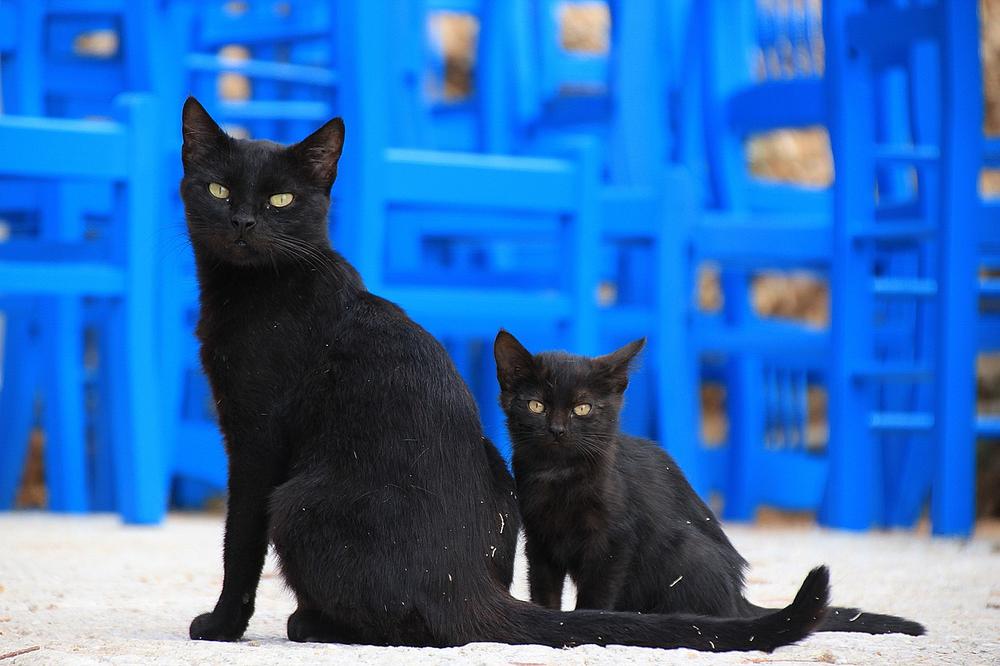
To make sure your feline friend stays blissfully pest-free, I have a handy resource that you won't want to miss.
In my article, you'll discover a clear answer to the intriguing question: do cats eat mosquitoes? I highly recommend checking out Do Cats Eat Mosquitoes to satisfy your curiosity and ensure your cat's well-being.
It's an essential guide that addresses concerns about this particular behavior.
Can Kittens Eat Spiders?
To meet their nutritional needs, kittens require a meat-based diet, much like their adult feline counterparts.
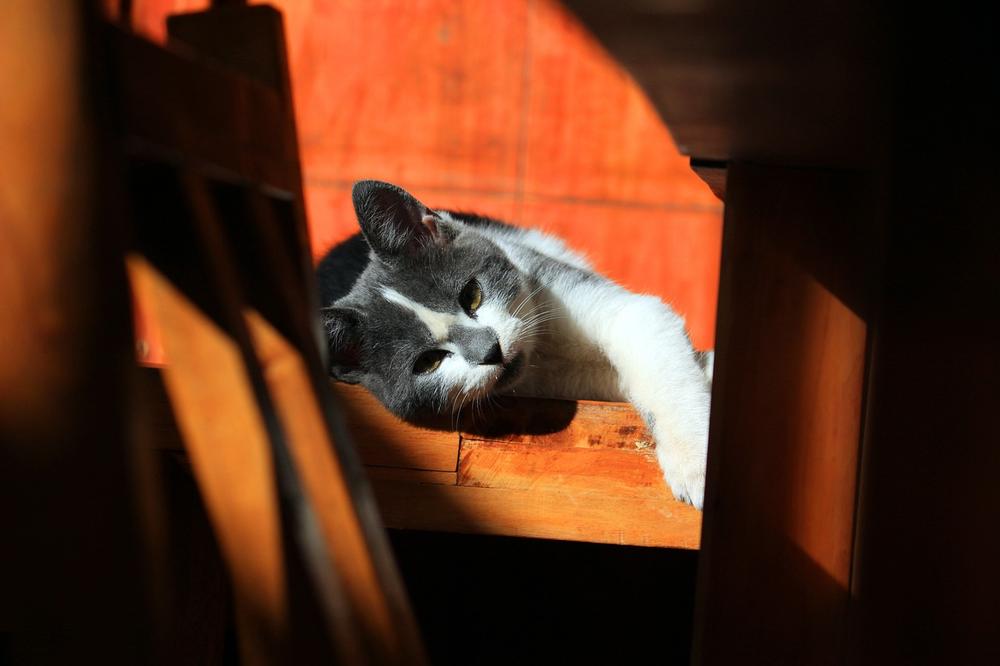
However, you should recognize that kittens have sensitive stomachs, making it unwise for them to indulge in spiders.
While bugs and insects only make up about 1.2% of the food consumed by feral cats, it is worth noting that the pesticides used to battle these critters can pose more significant risks than the insects themselves.
So, when taking care of your furry bundle of joy, make sure that you keep them away from those eight-legged creatures.
Why Do Cats Eat Spiders?
| Question | Answer |
|---|---|
| Why do cats eat spiders? | Cats are instinctively attracted to spiders due to their hunting nature. The curiosity, hunting opportunities, and potential nutritional value make spiders a source of entertainment for cats, with little harm posed to them. |
| Is it safe for cats to eat spiders? | While most spiders are harmless to cats, some can be toxic when ingested. It is essential to ensure that the spider species in your area are non-toxic to cats. Additionally, spiders can carry parasites, so it's best to discourage this behavior. |
| What are the potential risks of cats eating spiders? | The main risk is encountering toxic spider species. Ingesting toxic spiders can lead to various health issues in cats. Other risks include potential allergic reactions, choking hazards, or ingesting parasites carried by spiders. |
| How to prevent cats from eating spiders? | Keeping your home spider-free can help prevent cats from eating them. Regularly clean and vacuum to eliminate spiders and their webs. Additionally, providing cats with interactive toys and engaging activities can distract them from hunting. |
| Should I be concerned if my cat eats a spider? | It is generally not cause for immediate concern. However, if you notice any unusual symptoms or if your cat has ingested a potentially toxic spider, consult your veterinarian for guidance. |
| What are alternative toys or treats for cats? | Providing cats with interactive toys, treat puzzles, or toys with feathers and strings can satisfy their hunting instincts and keep them entertained without the potential risks associated with eating spiders. |
| Can cats get sick from spiders? | Ingesting certain spider species can make cats sick. Symptoms may vary from mild stomach upset to severe reactions. It is crucial to keep an eye on your cat's behavior and consult a veterinarian if any concerning symptoms arise. |
| Are there any nutritional benefits to eating spiders? | While spiders may contain some protein, the nutritional benefits for cats are minimal. A balanced diet formulated specifically for cats is the best way to ensure their nutritional needs are met. |
| What if my cat is fascinated by spiders but won't eat them? | Many cats enjoy watching and chasing spiders without actually eating them. This behavior is normal and can provide mental stimulation. You can redirect their attention by engaging them in interactive playtime or providing other forms of enrichment. |
Cats eat spiders because they are natural-born hunters.
Instinct drives a cat's desire to chase and catch prey, and spiders certainly fit the bill.
These eight-legged creatures fascinate our feline friends with their skittering and unpredictable movements.
Speaking of cats, did you know that back in Ancient Egypt, cats were considered sacred?
They were worshipped as deities because of their hunting prowess.
Pretty cool, huh?
Anyway, cats are attracted to spiders not only for their thrilling behavior but also because they offer a nutrition-packed snack.
Spiders contain protein, vitamins, and minerals that supplement your cat's diet.
And don't we all want our pets to be healthy little furballs?
The good news is that spiders present very little danger to cats. Their bites rarely do any harm, thanks to cats having thick fur and quick reflexes.
So, fret not if you see your kitty indulging in some spider snacking.
It's just another attribute of their captivating nature.
However, if you notice your cat displaying unusual symptoms or suspect the spider may be poisonous, it is always a good idea to consult your veterinarian for peace of mind.
But what should you do if your cat actually eats a spider?
Well, here's what I recommend in such situations:
What to Do if Your Cat Eats Spiders?
If your cat snacked on a spider, here's what you should do:
- Keep an eye on your cat to spot any signs of illness.
- Cats usually handle spider venom pretty well, but still be cautious about other dangers like parasites and toxins.
- The real worry is getting bitten while attacking spiders, so watch out for that.
- Good news: when cats eat spiders, their stomach acids deactivate the venom.
- Teach your cat not to chow down on spiders to avoid potential harm.
- Simple methods like using a cup and cardboard can help cover spiders and deter your cat from eating them.
- Don't forget about regular flea control for your fuzzy friend's safety.
- If your cat gets bitten, be on the lookout for vomiting, diarrhea, and muscle discomfort as possible symptoms.
- Take care of those symptoms and make sure your cat stays hydrated.
- It's a good idea to consult a vet if you're uncertain about the type of spider or need further advice.
When it comes to keeping spiders at bay, steer clear of pesticides and chemicals that could hurt your pets or harm the environment.
Instead, go for pet-friendly options and avoid toxic substances like mothballs or chemical ant killers—those can put your cat in danger.
Which Spiders and Insects Are Dangerous to Cats?
When it comes to spiders and bugs that could harm your cat, there are a few important ones you should be aware of.
- Black Widow spiders can seriously mess up your cat if they get bitten. Their venom has toxins that mess with their nervous system, causing muscle pain, weakness, and trouble breathing.
- Brown Recluse spiders are another kind of poisonous spider you gotta watch out for. Their venom kills skin cells, leading to painful ulcers and wounds.
- Hobo spiders have bites filled with venom that can really mess up cats. Dizziness, nausea, and even seizures can all happen as a result.
Remember though, most spiders won't actually hurt your cat, but it's always better to be safe than sorry.
But wait, there's more!
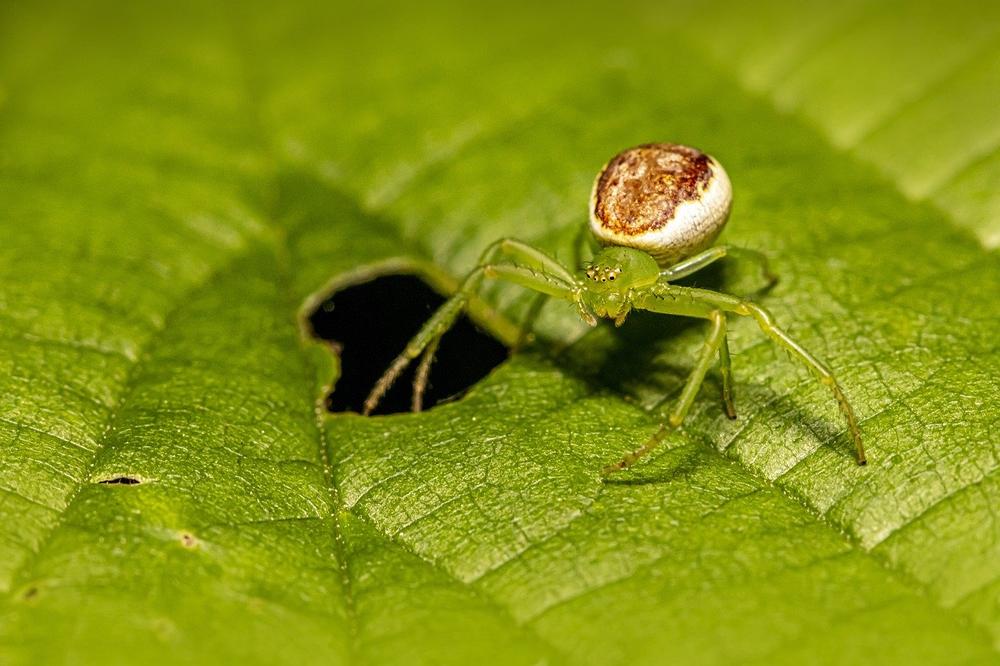
Other bugs and critters can also pose threats to your furry friend.
Certain flying insects can cause allergies or poison them, and scorpions can sting and make them act weird.
If your cat ingests the crunchy exoskeletons of hard-bodied bugs, it can mess up their mouth and tummy.
To take care of your cat and keep them safe, always stay alert for potential dangers and do stuff like visit the vet and use things to prevent ticks, worms, and heartworms.
Cats and Spiders: A Lasting Dynamic
Key Takeaways:
- House spiders and huntsman spiders are generally safe for cats.
- Spider bites are uncommon but can be harmful to cats.
- Cats can eat spiders without major issues, unless bitten in the mouth.
- Cats' skin and fur act as a barrier against spider venom.
- Most spiders, including venomous ones, are harmless if eaten by cats.
- Cats' instinctual behavior and prey drive attract them to spiders.
- Regular exercise and mentally stimulating toys can distract cats from hunting spiders.
- Keeping the yard clean and tidy can reduce the number of spiders.
- Indoor cats are protected from spiders and wildlife.
- Kittens should not eat spiders due to sensitive stomachs.
- Pesticides used on insects can be detrimental to cats.
- Owners should monitor cats for signs of sickness after eating spiders.
- Cats should be trained not to eat spiders and exposure should be limited.
- Monthly flea control for cats is important.
- Spider bites may cause symptoms such as vomiting, diarrhea, and muscle discomfort.
And that wraps up today's article.
If you wish to read more of my useful articles, I recommend you check out some of these: Do Cats Eat Squirrels, Do Cats Eat Mice Whole, and Do Cats Eat Worms
Talk soon,
-Sarah Davis